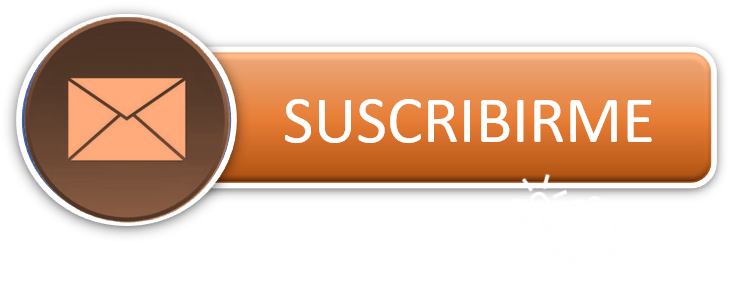SummaryOverview
The current suite of Earth Observation satellites and models offer access to an unprecedented amount of information on the marine environment. Concurrently, there is a growing demand in research, governance, and commercial marine sectors, for personnel who can use this data. Training providers across these sectors is essential for maximizing the utility of this data and building necessary capacity. This course offers participants the opportunity to work with other trainers to incorporate the use of Copernicus marine data from EUMETSAT and the Copernicus Marine Service (CMEMS) into their own educational activities. Participants will learn how to use open access resources available through the Copernicus programme, and co-develop their own resources with a network of fellow participants and trainers from IODE, CMEMS, and EUMETSAT. The course will be held online and involve self-directed and interactive learning.
Key Outcomes
After the course participants will have the knowledge, skills and experience to be able:
- to teach the use of Copernicus Sentinel-3 and CMEMS data for marine applications, covering the use of sea surface temperature, altimetry and ocean colour data, as well as downstream products and model outputs.
- to teach others how to access the Copernicus Marine Data through online portals, APIs and other methods.
- to teach the basic principles of the processing methods applied to the Copernicus Sentinel-3 instruments (and similar sensors) to derive the marine products.
- to explain how to assess data quality (including basic principles of validation) and select appropriate products for different tasks.
- to understand the use of the following tools in training – SNAP, Remote Sensing Digital Teaching Tool, Git, Python (and Jupyter notebooks), cloud computing (WEkEO).
- Select and adapt existing resources and develop new resources for their own training activities.
Instructors
- Lauren Biermann (EUMETSAT/PML)
- Oliver Clements (EUMETSAT/PML)
- Hayley Evers-King (EUMETSAT)
- Fabrice Messal (CMEMS/Mercator Ocean)
- Kerstin Stelzer or Ana Ruescas (Brockmann Consult / PML) (TBC)
- Vinca Rosmurduc (EUMETSAT / CLS) (TBC)
- Greg Reed (IOC/IODE)
- Claudia Delgado (IOC/IODE)
- others to be announced
Target Audience
- University teachers, mentors and tutors
- Staff from National Oceanographic centres and marine research/management institutions with teaching/training responsibilities
NOTE: UNESCO and EUMETSAT are committed to promote equal access principles. Therefore, applications from minority or underrepresented groups are strongly encouraged.
Course Pre-requisites
Applicants are expected to:
- have an understanding of marine science and satellite based Earth Observation
- have teaching experience or currently preparing for a teaching / training roles
- have a working knowledge of English
NOTE: wishing to learn about Copernicus marine data for their own purposes, should consider applying for other courses offered by EUMETSAT and CMEMS. Please see https://training.eumetsat.int and http://marine.copernicus.eu
A Certificate of Participation will be issued to all participants who successfully complete the course.
The UNESCO/IOC Project Office for IODE is certified as a Learning Services Provider (ISO 29990:2010).
The OceanTeacher Global Academy is a Project of IOC/IODE supported by the Flanders-UNESCO Trust Fund (FUST) of the Government of Flanders, Belgium.
NotesCourse details:
- Online (e-learning): 22 June – 10 July 2020
- The course will be delivered online only with an estimated 60 hours workload spread across the 3 weeks.
- It will include asynchronous sessions (e.g. reading assignments, online quizzes and recommended software installation, etc), as well as synchronous sessions (e.g. webinars, etc).
- A considerable amount of the workload will be done in the last week (project).
Period for Applications and how to apply:
15 February – 10 May 2020 (CET); please fill the online application form: https://bit.ly/37kR8vp
No tuition fee applies. Candidates who applied previously (i.e. before 31 March 2020) do not need to reapply).
In case of questions please contact (always using the name of the course as email subject):
- copernicus.training@eumetsat.int
- ioc.training@unesco.org
Other useful sites:



Muchas gracias. ?Como puedo iniciar sesion?